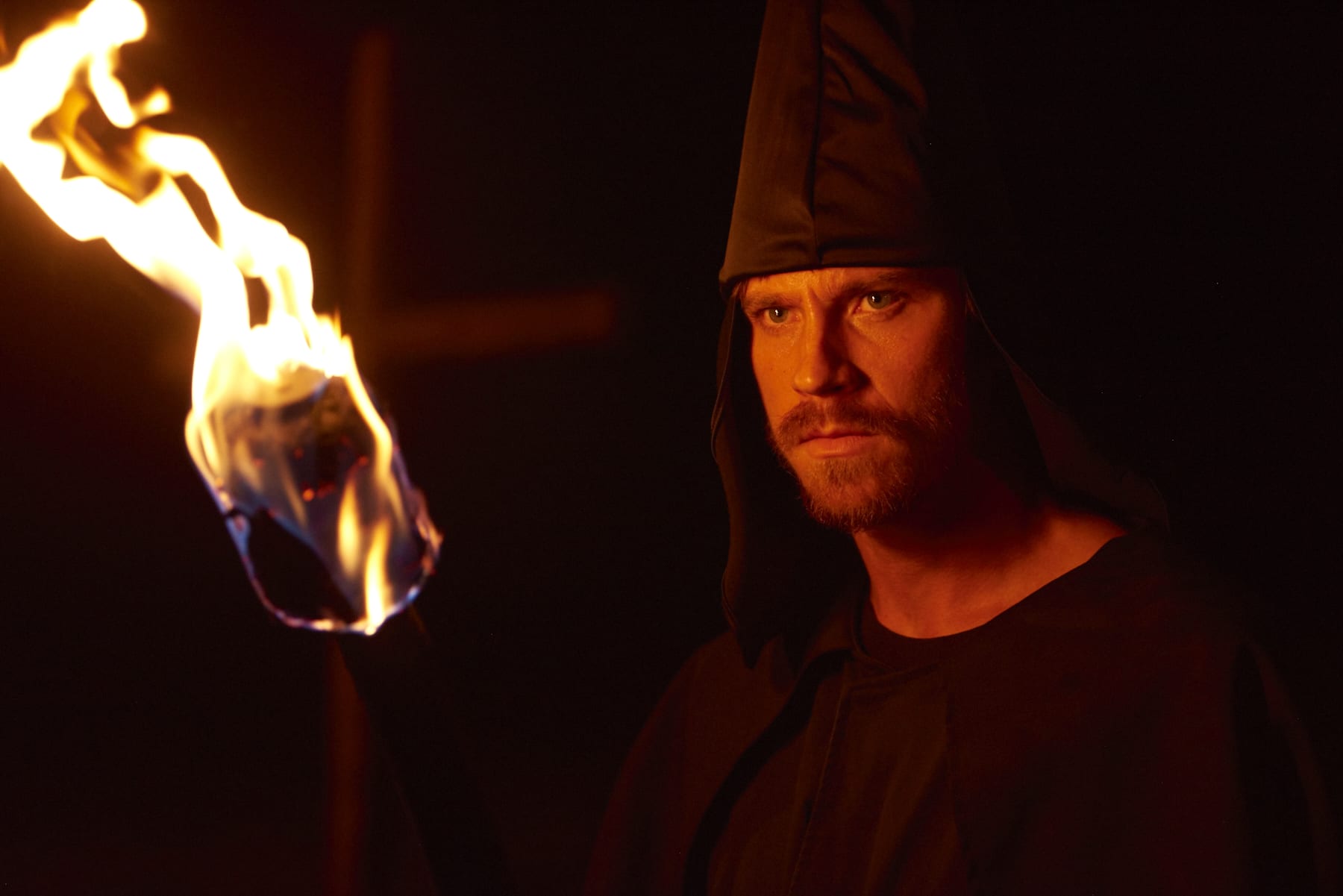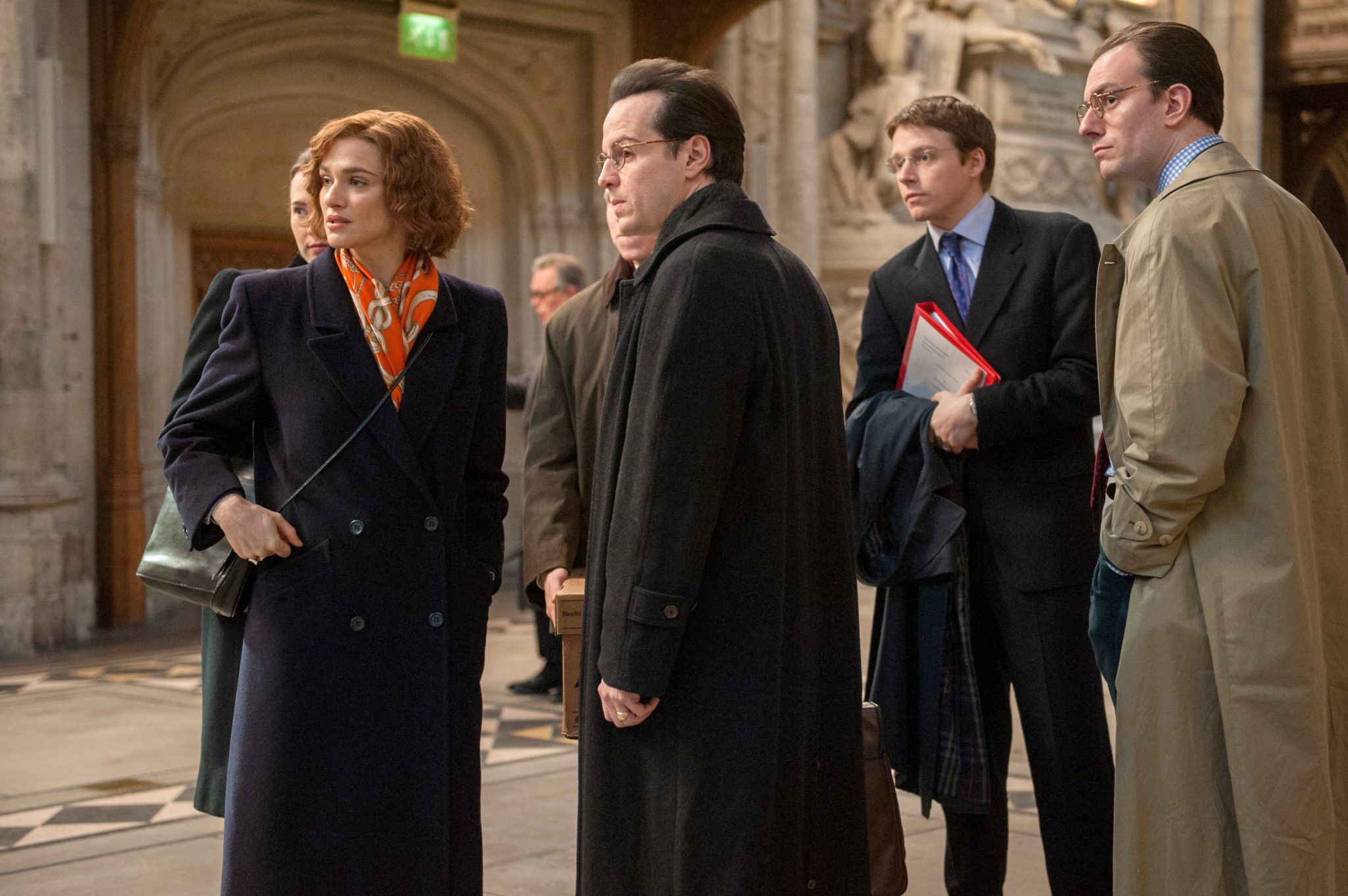
Burden – Only Love Can Replace Hate
Jesus told us ?But I say to you that listen, Love your enemies, do good to those who hate you, bless those who curse you, pray for those who abuse you? (Luke 6:27f, NRSV). We revere those words, but probably in our heart of hearts we say, ?yeah, right.? In Andrew Heckler?s film Burden, we see…

